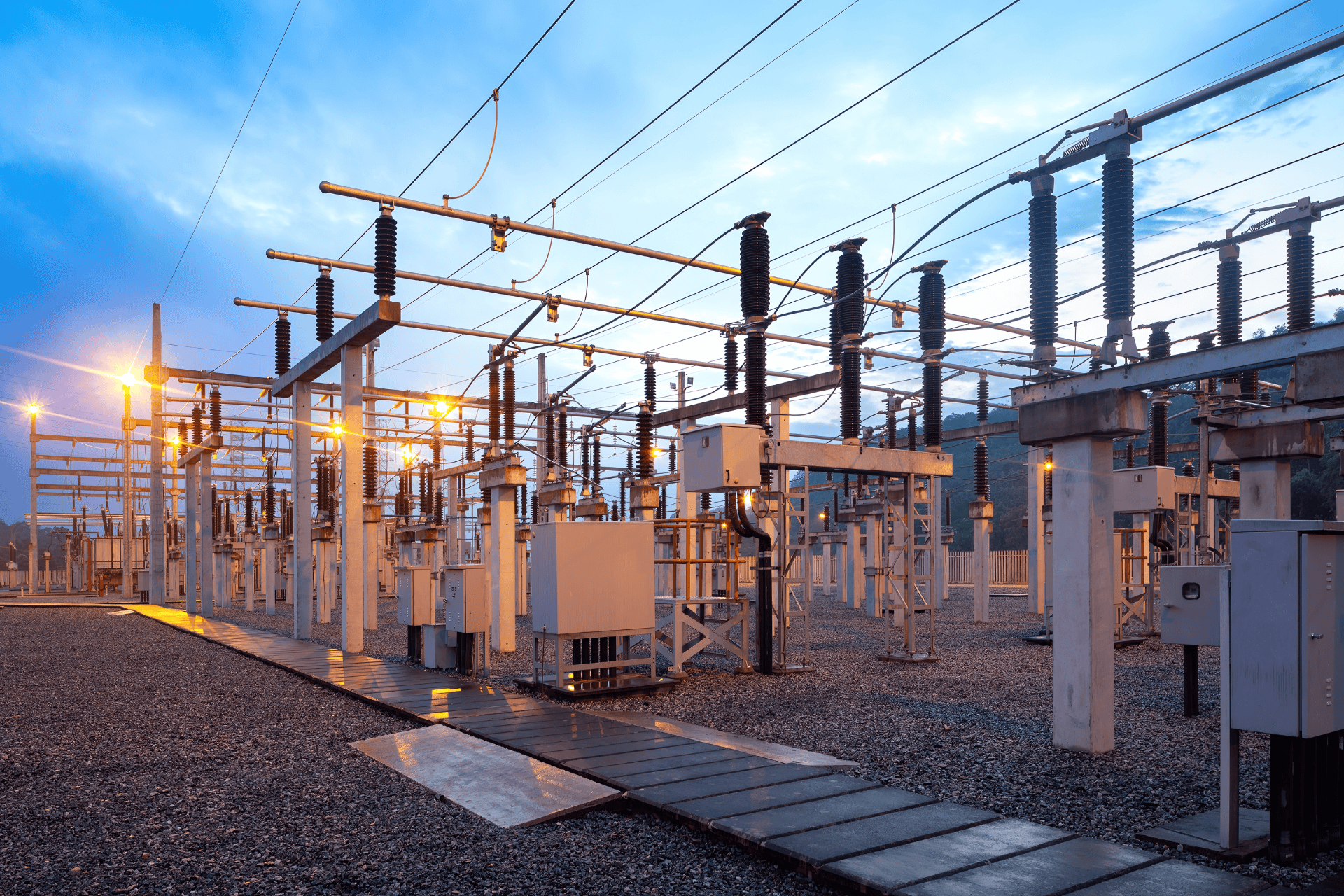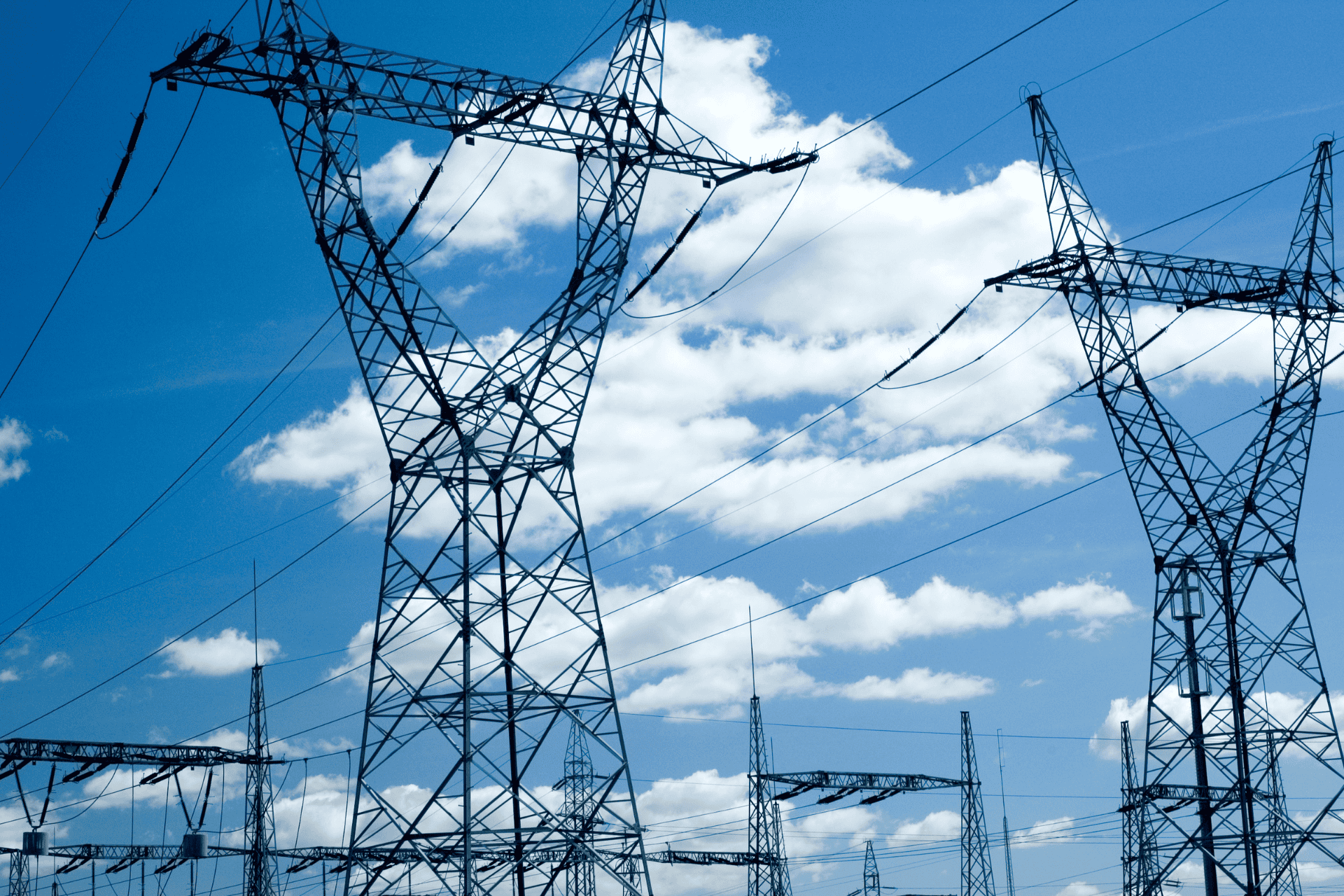Understanding Deregulation and Rate Plan Options
Electricity deregulation allows businesses to select their electricity supplier, fostering competition and offering more options for rate plans. However, with freedom of choice comes the challenge of selecting the plan that aligns with your budget and operational requirements. Let’s break down the three main types of electricity rate plans available:
- Fixed Rate Plans
- How It Works: With a fixed-rate plan, the electricity price is locked in for the duration of the contract, typically ranging from one to three years. This means businesses pay the same rate per kilowatt-hour (kWh) regardless of market fluctuations.
- Best For: Businesses that prefer budget certainty and want to avoid the volatility of energy markets.
- Pros:
- Predictable energy costs
- Protection from price spikes in the energy market
- Cons:
- If market prices drop, you may miss out on savings
- Typically requires a long-term commitment
- Index Rate Plans
- How It Works: An index rate plan (also known as a variable rate) is directly tied to the real-time wholesale electricity market price, meaning the rate can fluctuate depending on supply and demand.
- Best For: Businesses that can tolerate market volatility and want to take advantage of potentially lower prices when market conditions are favorable.
- Pros:
- Potential for significant savings when market prices are low
- Flexibility with shorter contract terms
- Cons:
- Exposure to price spikes during high-demand periods
- Harder to predict monthly energy costs
- Block+Index Rate Plans
- How It Works: A block+index plan combines the stability of a fixed rate with the flexibility of an index plan. A portion of the business’s electricity usage is charged at a fixed rate (the block), while the remaining usage is tied to the fluctuating wholesale market (the index).
- Best For: Businesses with consistent base-load energy usage but want the flexibility to capitalize on market dips for additional savings.
- Pros:
- Stability for predictable usage, with the chance to save on fluctuating costs for excess energy
- A hybrid approach that balances risk and reward
- Cons:
- More complex billing structures
- Potential exposure to high prices for energy use beyond the block allocation
How NUR Helps Businesses Choose the Right Plan Structure
Choosing the right electricity plan isn’t just about selecting the lowest price—it’s about understanding your business’s energy consumption patterns and matching them with the most cost-effective plan structure. This is where National Utilities Refund (NUR) comes in.
At NUR, we specialize in helping businesses in deregulated states navigate the complex electricity market to find a plan that aligns with their operational needs and budget. Here’s how we do it:
- Detailed Usage Analysis
- We start by conducting a thorough analysis of your business’s historical energy consumption. This helps us identify usage patterns, peak demand periods, and areas where your business could optimize its energy use.
- Customized Plan Recommendations
- Based on your energy profile, we recommend the rate plan—fixed, index, or block+index—that offers the best combination of stability, savings, and flexibility. We also consider your risk tolerance and budget goals to ensure the plan structure aligns with your financial strategy.
- Supplier Negotiation
- With extensive knowledge of deregulated markets and established relationships with energy suppliers, NUR negotiates on your behalf to secure the most competitive rates and favorable contract terms.
- Ongoing Monitoring and Support
- Energy markets are dynamic, and business needs change over time. NUR continuously monitors market trends and your energy usage to ensure you’re always on the best plan. If necessary, we help you adjust your procurement strategy as market conditions evolve.
Let NUR Optimize Your Energy Procurement Strategy
Choosing the right electricity rate plan in deregulated states can be overwhelming, but you don’t have to do it alone. National Utilities Refund (NUR) is here to guide your business through the process, offering expert advice, customized recommendations, and ongoing support to ensure you’re always getting the best value for your energy dollars. Contact NUR today to schedule a free consultation and let us help you optimize your electricity procurement strategy for long-term savings and stability.




